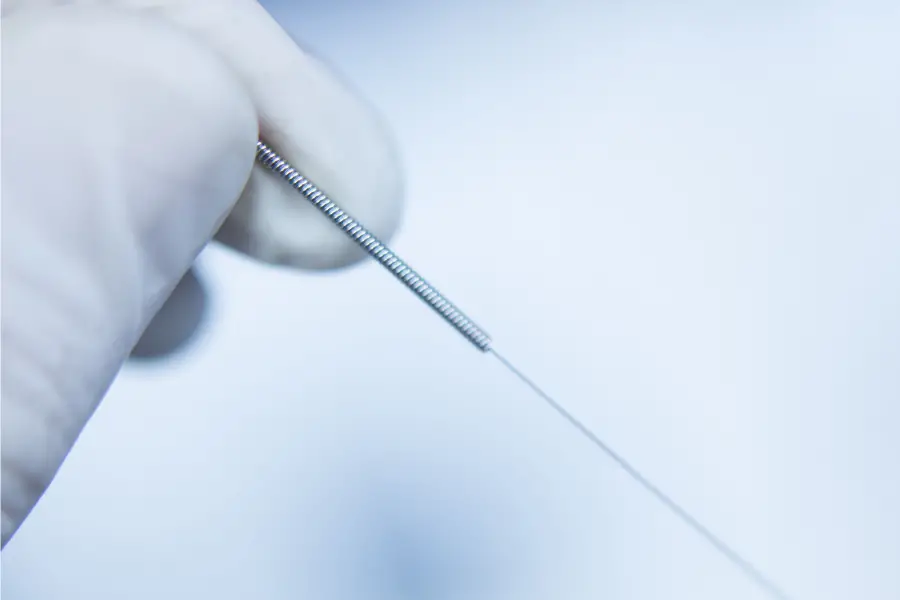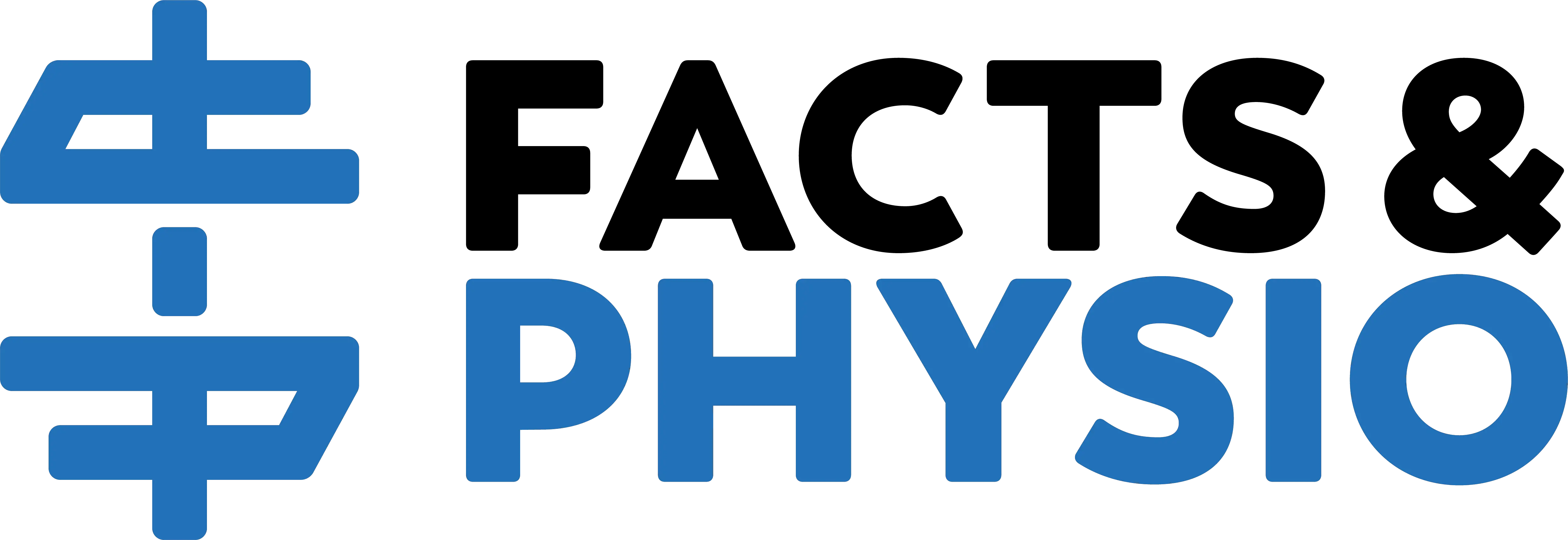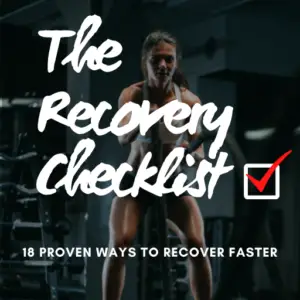We’ve all been there. It feels like Dwayne Johnson is squeezing your neck and shoulders in a vice grip. Those knotted up, tight neck muscles won’t relax.
Why do these muscles get tight? And more importantly, how can you make them stop hurting?
“It’s Complicated”
Like your friend’s relationship status on Facebook, pain is complicated. Pain doesn’t necessarily indicate tissue damage. Neck and shoulder tightness rarely comes from injured tissue.
More often, muscle tightness stems from overuse. Or poor sleep. Or hunching over a computer for hours on end. Or stress.
Read more about the stress-pain relationship in this article:
Does Stress Cause Pain? (And What to Do About It)
Like a Bank Account
Think of neck pain like a bank account. Anytime you overdraft, your neck hurts.
You’ve got “income” that makes you less susceptible to pain – factors like exercise, social connections and restful sleep.
“Expenses” boost your odds of neck pain. These include poor posture, too many Zoom meetings and skipping leg day at the gym.
Here are 7 effective strategies to “balance your budget” and unlock tight neck muscles.
1) Better Posture
Good posture is more than sitting tall at the computer, though that’s a piece of it.

Watch out for prolonged slouching. Avoid turning your head to the side for long stretches of time (watching TV or looking at your 2nd computer monitor). And stay away from “Frankenstein typing” with your arms extended, pictured here:

Instead, take breaks and change positions frequently. Regular position changes cause less neck and shoulder pain than sitting in the same position all day (Vink 2009).
For more posture insights to relieve tight neck muscles, check out 5 Ways to Sit with Less Pain
2) Move
Movement shunts blood, oxygen and nutrition to your muscles. Take breaks from your desk, your car, or your couch and get those tight neck muscles moving.
Gentle exercises like shrugs, shoulder rolls, shoulder blade squeezes and chin tucks ease tight neck muscles. Chin tucks, shown here, are many physical therapists’ go-to move for tight neck muscles.

This exercise moves the neck joints and muscles out of “forward head posture.” Done right, 10-15 chin tucks instantaneously increase neck motion.
3) Break a Sweat
Aerobic exercise does far more than burn calories. It melts stress, tamps down anxiety, eases muscle tension, enhances sleep and sharpens your focus.
Regular exercise is a crucial component of TMJ and neck pain rehab. That’s because neck, jaw and shoulder tightness is strongly influenced by stress. And aerobic exercise is a powerful, proven stress relief tool.
So run, play sports, or opt for a low-impact alternative to soothe tight neck muscles.
4) Get a Massage
Can you convince a family member to give you a neck rub? Or schedule a professional massage?
Go for it! For those so inclining, massages promote relaxation, stress relief and reduced muscle tension.
Pro tip: Massage works best when your muscles are relaxed. That’s hard to do when you’re sitting or standing. Lying flat on your stomach permits allows your neck muscles to completely relax.

5) Use Percussion Therapy
A massage gun is the gift that keeps on giving. It relieves muscle tension much like a massage.
Relax the target muscle for maximum benefit. And don’t hammer away on bony areas (spine, clavicle, scapula). Instead, stick to the meaty, sore spots in your muscles.
Read up on the science behind this trending treatment:
Do Massage Guns Even Work? (The Science of Percussion Therapy)
6) Sleep
My neck hurts when I don’t sleep enough. Sufficient, high quality sleep solves so many problems.
Quality sleep leads to better focus, more energy, less muscle pain, enhanced athletic performance and fewer food cravings. Check out my free mega-guide to better sleep if you need more shut-eye, and feel your tight neck muscles relax.
7) Take a Hike
As I’ve written in the Facts & Physio newsletter, hiking with my wife is my favorite way to relieve stress. It combines 3 proven stress-busters: social support, exercise, and spending time in nature.

If stress contributes to your neck and shoulder tightness (hint: it probably does), climb a mountain or walk around a local park.
Bonus: Dry Needling
Trigger point dry needling hurts like a deep massage and relieves muscle tension even faster.

Dry needling is a proven treatment to release muscle knots, also known as trigger points. Studies show dry needling is effective for neck pain, jaw pain, shoulder pain and headache relief.
Dry needling isn’t comfortable. But it’s the best way to unlock super tight neck muscles.
To learn more about this powerful treatment, check out The Ultimate Guide to Dry Needling
The Best Strategy
Let’s pause and look at the big picture:
Active treatments (done by the patient) work better than passive treatments (done to the patient). Plus, active treatments give you control of your pain. Passive treatments can breed dependence.
My chronic back pain turned a 180 when I learned how to manage it.
The best physios lean on active treatments and education. They sprinkle in passive treatments on occasion.
This approach empowers patients. And it prevents long-term reliance on a clinician to stick a needle in the right muscle, “re-align” your hips or rub your neck in just the right spot.
Opt for active strategies first, then spring for massage, manipulation and dry needling if active treatments aren’t enough.
To learn more about the most effective treatments, check out my article Ranking 10 Physical Therapy Treatments (Best to Worst).
Readers: How do you relieve tight neck muscles? Do you prefer passive or active strategies? Share your thoughts in the comments.
For more evidence-based health tips, join the free Facts & Physio Newsletter. Plus, get The Recovery Checklist e-book when you sign up.

